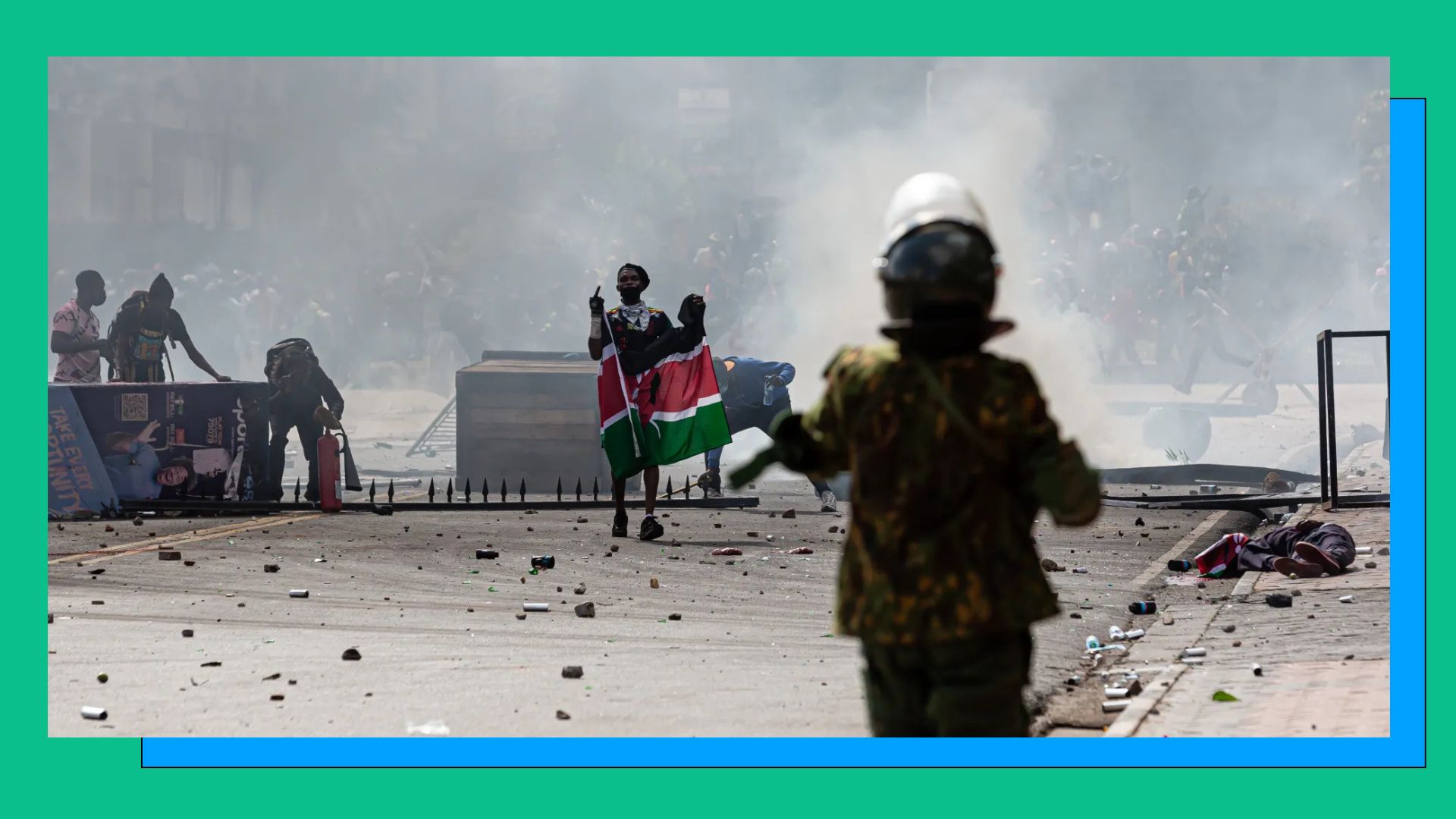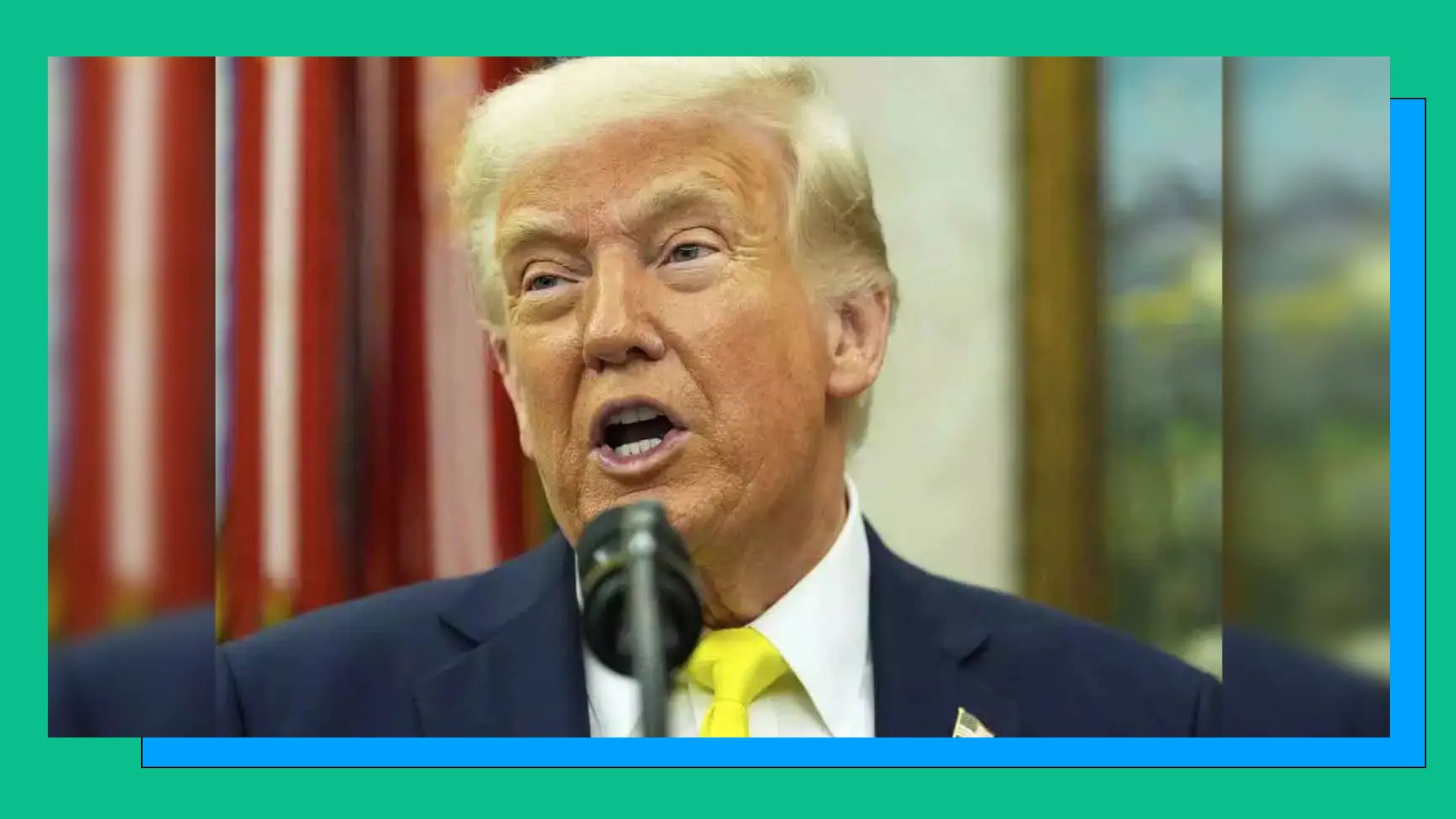For decades, Kenya’s military has operated under an unwritten pact of silence, shielded from public scrutiny and accountability. But recent controversies—from alleged human rights abuses to corruption scandals—are forcing a national reckoning. Civil society, journalists, and even some government officials are now demanding greater transparency from the Kenya Defence Forces (KDF).
The Roots of Military Secrecy
✔ Post-colonial legacy: Fear of coups led to tight control over military affairs
✔ Counterterrorism operations: KDF’s role in Somalia and domestic security justifies opacity, officials claim
✔ Legal barriers: Weak parliamentary oversight and broad confidentiality clauses
“The military has always been a black box—what happens inside stays inside,” says Njoki Wamai, a Kenyan political analyst.
Why the Silence is Breaking Now
- Al-Shabab Operations: Reports of civilian casualties in Lamu and Garissa raise ethical questions
- Corruption Allegations: Leaked audits reveal missing billions in defense procurement
- Whistleblower Testimonies: Former officers speak out on extrajudicial killings
- Youth Protests: A new generation rejects blind patriotism, demanding accountability
Government Pushback vs. Public Pressure
- Military’s stance: “National security requires discretion” (KDF Spokesperson)
- Activists’ counter: “Secrecy enables abuse” (Human Rights Watch)
- Parliament’s role: Some MPs now pushing for defense committee reforms
What’s at Stake?
✔ Democratic erosion if unchecked military power grows
✔ Public trust in institutions already weakened by scandals
✔ Regional stability, as Kenya’s military plays key roles in Somalia and DRC
The Path Forward
- Legislative reforms to strengthen oversight
- Independent investigations into alleged abuses
- Media freedom to report on military affairs without retaliation
“A nation that does not question its army risks becoming its hostage,” warns Maina Kiai, a prominent Kenyan human rights advocate.












